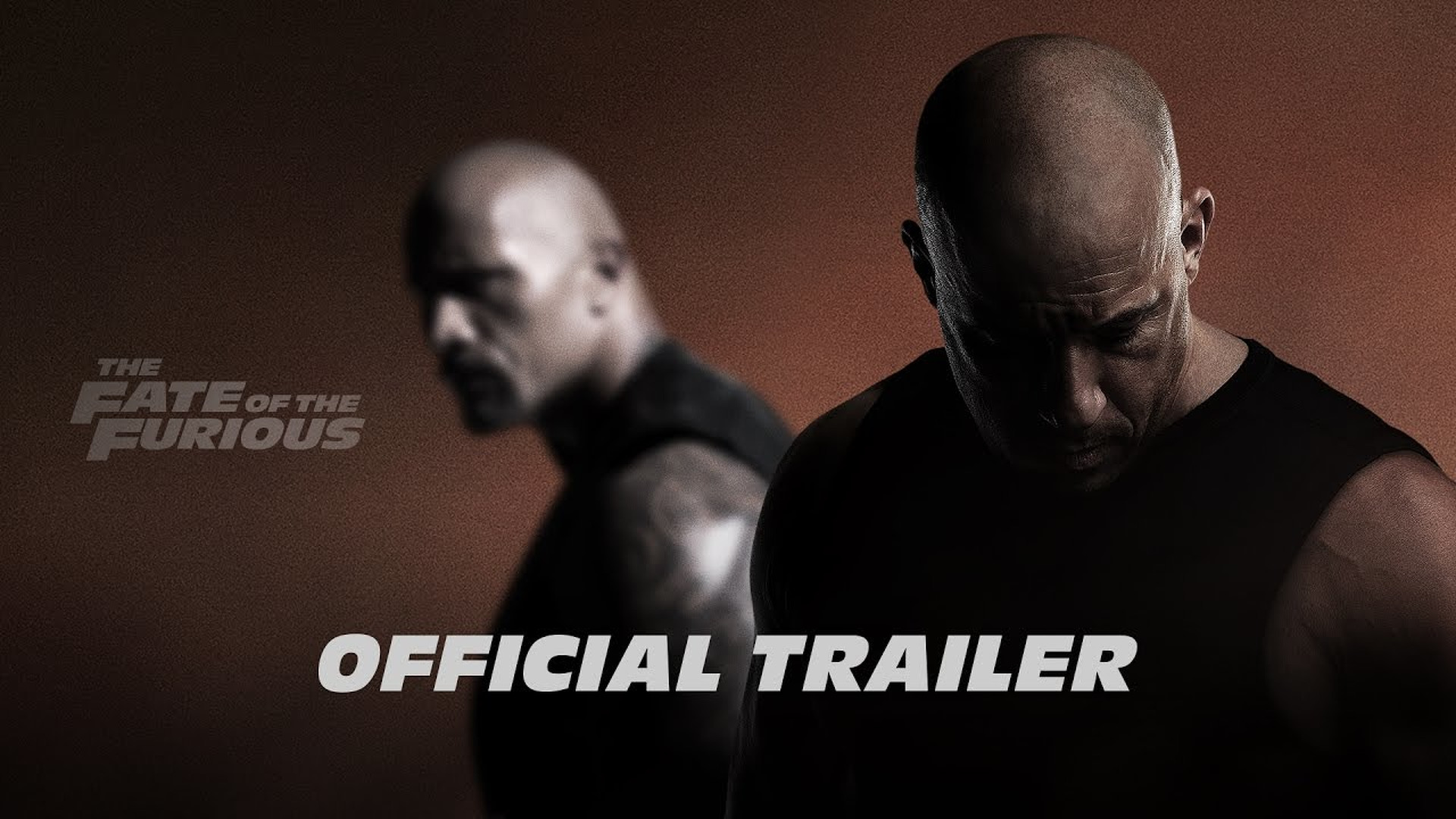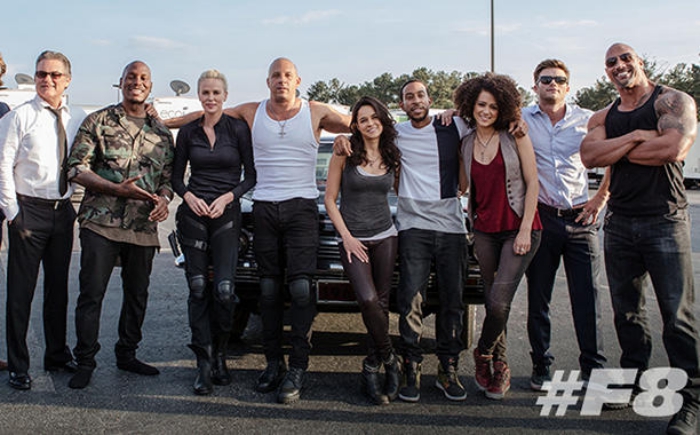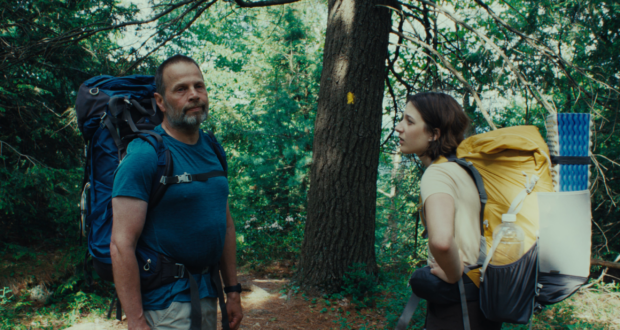Bosco is an earnest biographical drama that attempts to mirror the reality of a man stuck in a lopsided legal system. Helmed by writer-director Nicholas Manuel Pino, Bosco sheds light on the real-life tale of Quawntay Bosco Adams, sentenced to 35 years in 2004 for marijuana possession, but notably remembered for his daring prison escape in 2006. Pino taps into Adams’s story via the memoir, Chasin’ Freedum.
The cast boasts the likes of Aubrey Joseph, Nikki Blonsky, D.C. Young Fly, John Lewis, Theo Rossi, Thomas Jane, Tyrese Gibson, and Vivica A. Fox, providing the story with a substantial base for character exploration. However, the extent of this potential is only mildly capitalized on.
The Good:
As Bosco, Aubrey Joseph turns in a stoic performance that captures Adams’s grit and determination. However, the audience is given minimal emotional inroad into the protagonist’s interiority. This inaccessibility stands as an unintentional roadblock to forging a stronger connection with the character. Still, there’s no denying Joseph’s attempt to inhabit the role genuinely, albeit a somewhat cursory sketch of Adams’s character.
The performance by Nikki Blonsky as Tammy, the woman behind Bosco’s escape plan, balances well with Joseph’s persona. However, she is shackled by an underwritten role. Despite this, she still manages to communicate the moral quandary that her character battles, especially with her part in Bosco’s audacious plan.
The Bad:
In contrast, Tyrese Gibson’s performance as Tootie feels slightly exaggerated. The charisma is unquestionable, but the characterization drifts occasionally into the realms of caricature. However, Vivica A. Fox brings balance as the no-nonsense Willa, anchoring the ensemble cast with a nuanced portrayal.
The storyline strives to sketch an audacious tale of survival against oppressive odds but misses offering a deep-dive into the motivations, conflicts, and experiences that characterize Adams’s story. While the pacing keeps you engaged, Pino’s narrative overlooks many intricate details about the character’s life before his conviction, essentially offering only glimpses of his life story, which doesn’t sufficiently justify his intense narrative journey.
Furthermore, the film hesitates to dive into the critique of the American judicial system, with its stance on marijuana charges barely touched upon. The oppressive system that disproportionately convicts minorities could have been underscored to magnify Bosco’s predicament, unfortunately, it wasn’t given due importance.
Where the film does excel is in its cinematography. From capturing the confined grim atmosphere of the prison to the sweeping scenes of the outside world, the film makes clever use of visual metaphors. The recurring motif of a small prison window reflecting Bosco’s longing for freedom works well symbolically.
The editing too is deft, moving smoothly between time frames, particularly during the intense escape sequence. The background score lends a gritty edge to the narrative, heightening the atmosphere, albeit, at times, threatening to overshadow the characters’ dialogues.
Overall:
Bosco presents a mixed bag of emotion and drama, flitting between highs and lows, powerful performances and some weak characters. While the tale it seeks to portray is riveting, the narrative could have dug deeper, providing an introspective perspective. This slight imbalance of plot development leaves Bosco falling a little short of its ambition to effectively depict the raw, painful, yet hopeful journey of its titular character. It’s an entertaining watch for sure, but not without its flaws, making it a solid watch.
Bosco Review: A Human Story Hidden Behind Prison Bars
-
Acting - 7.5/10
7.5/10
-
Cinematography/Visual Effects - 6/10
6/10
-
Plot/Screenplay - 6.5/10
6.5/10
-
Setting/Theme - 6.5/10
6.5/10
-
Watchability - 7/10
7/10
-
Rewatchability - 4/10
4/10


















